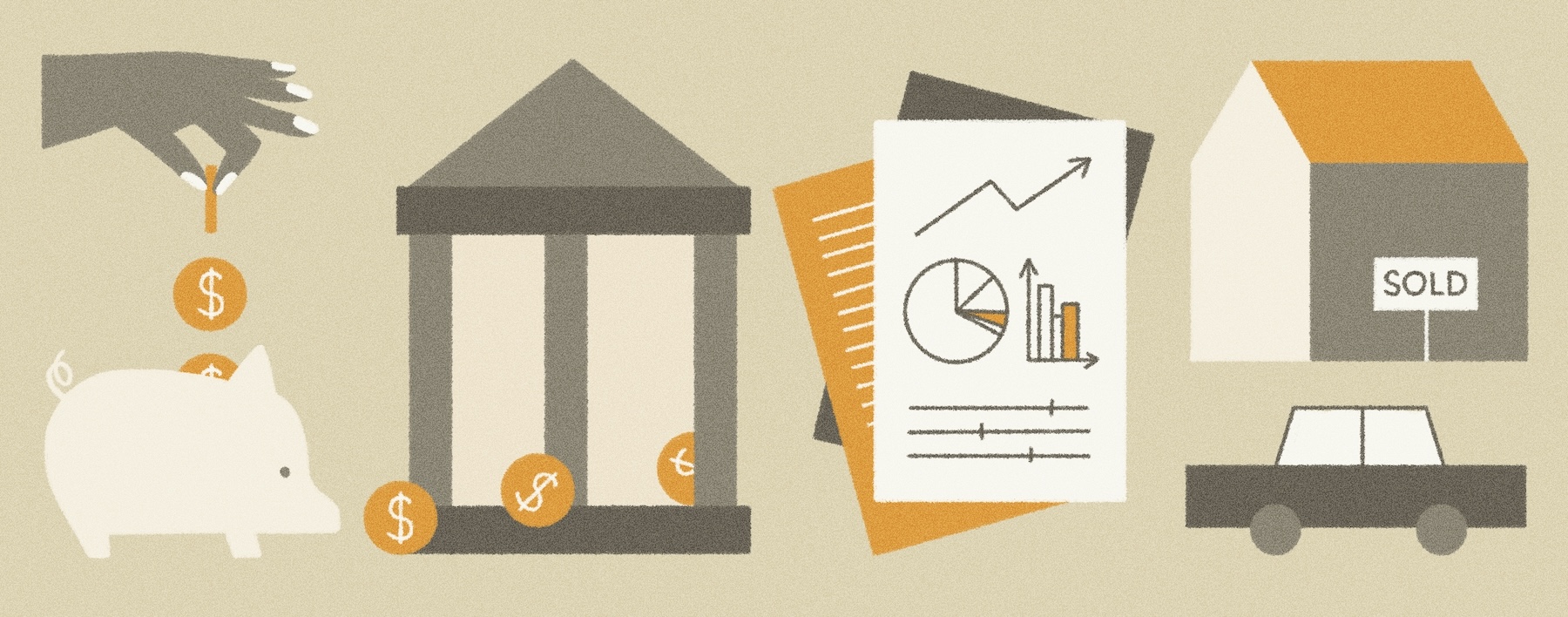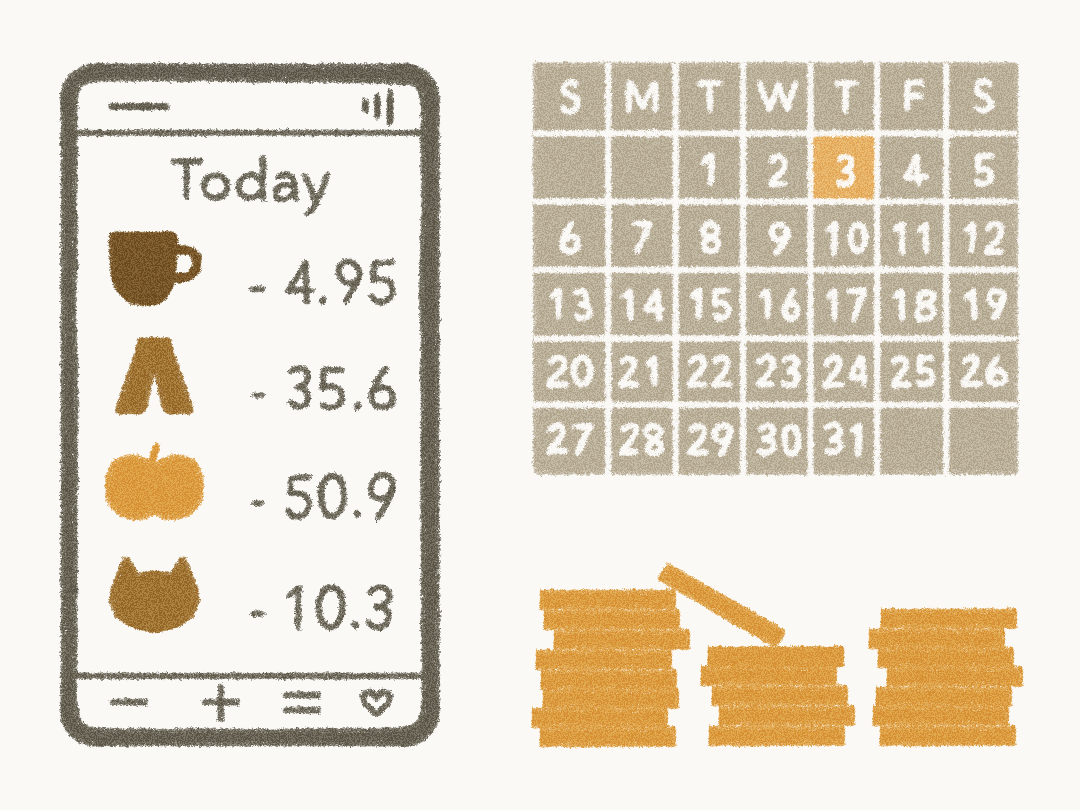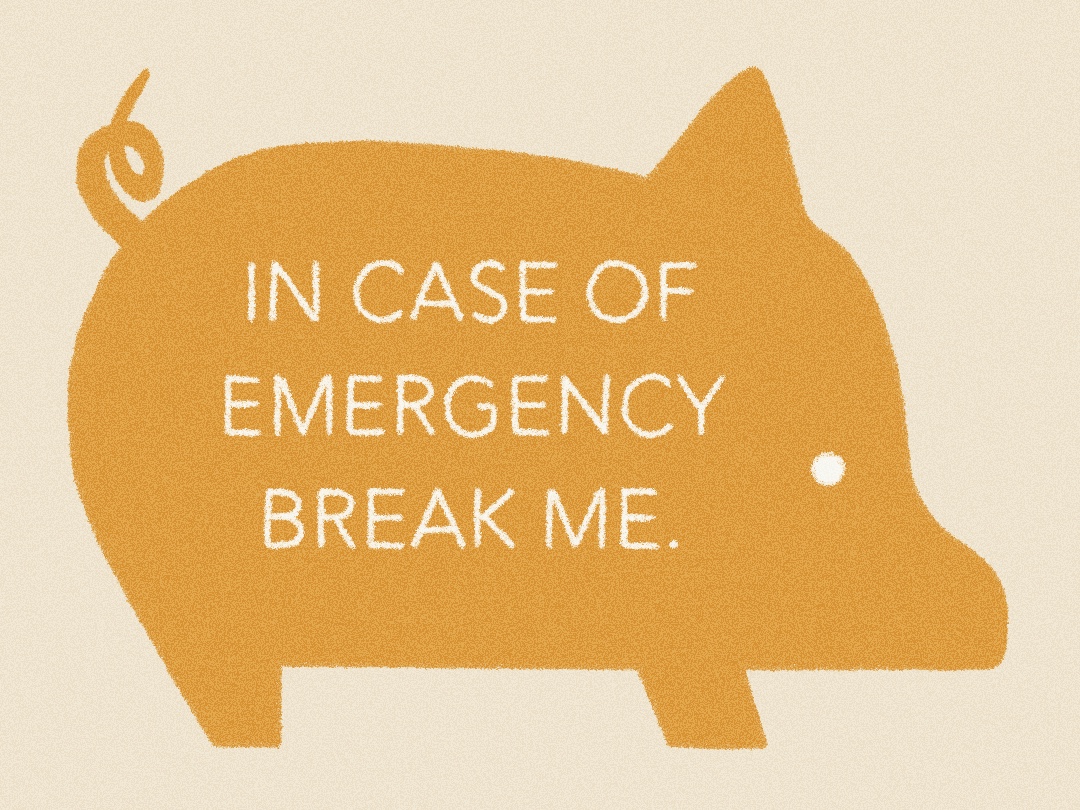
Build Your Financial Confidence
Improvement 1: Know When You’re Starting
The first step to building financial confidence is knowing your numbers. After all, it’s hard to be confident if you don’t know where you stand. For 30 days, track every dollar you spend. Don’t judge yourself; just observe money as it comes in and comes out. After a month, you can take a more critical look at your spending. Are you spending more than you earn? Or do you struggle to spend on anything you deem non-essential? Does your spending align with your goals? Make a realistic budget based on what you learned, but think of the budget as more of a spending plan. It doesn’t have to be as restrictive as possible; you set the rules and do what works for you. That said, if you are spending more than you’re earning, you need to get real about where that road is taking you. Your spending rules may, by necessity, be strict for a time. Focus on your big picture financial goals as motivation.

Improvement 2: Start with Small Improvements
When you’re building financial confidence, it helps to keep it small and simple. Consider the following ideas to build momentum:
- Consolidate debt into one monthly payment, if possible
- Set up separate accounts for each savings goal (Emergency Fund, Vacation, etc)
- Pay off the smallest debt first rather than tackling multiple at the same time
- Perform a subscription audit to find and cancel at least one unused recurring expense
- Organize your digital files into one secure folder for all important financial documents
- Set up automatic, recurring savings transfers into your emergency fund
- Implement "Spare Change" Savings (using bank round-up features) to save money effortlessly
- Set up automatic payments on all credit cards and recurring bills (at least the minimum due)
- Pull your full credit report and commit to checking it quarterly for errors.
- Find your credit card’s specific "Statement Closing Date" to strategically manage your credit utilization
Improvement 3: Build a Buffer
Unexpected financial emergencies have a way of pushing progress off track. Prepare for the unknown with an emergency fund. Aim for at least one month of essential expenses in your emergency fund. This won’t happen overnight, but take dedicated savings over time. That’s okay; start anyway. Even a bit of money set aside for emergencies is better than nothing.

Improvement 4: Stop the Comparison
Comparing your financial life to someone else—especially if that someone is a stranger—can quickly erode your financial confidence. It’s impossible to know another person’s financial situation—most people have invisible debts and expenses that cannot be gleaned from a highlight reel. Or maybe they really are that wealthy. Either way, ruminating on it does no good. If you feel the comparison bug bite, remind yourself that your financial journey is personal and that you’re making progress over time on what matters to you. Use other people’s successes as motivation for getting your situation under control, not a measuring stick to punish yourself with.
Financial confidence doesn’t happen at a specific point in life, or even when your bank account hits a certain number. It comes with clarity, repeated actions over time, and a resilient mindset. You don’t have to be rich to be confident. Focus on what you can control, and let the confidence build.
Neither Banzai nor its sponsoring partners make any warranties or representations as to the accuracy, applicability, completeness, or suitability for any particular purpose of the information contained herein. Banzai and its sponsoring partners expressly disclaim any liability arising from the use or misuse of these materials and, by visiting this site, you agree to release Banzai and its sponsoring partners from any such liability. Do not rely upon the information provided in this content when making decisions regarding financial or legal matters without first consulting with a qualified, licensed professional.